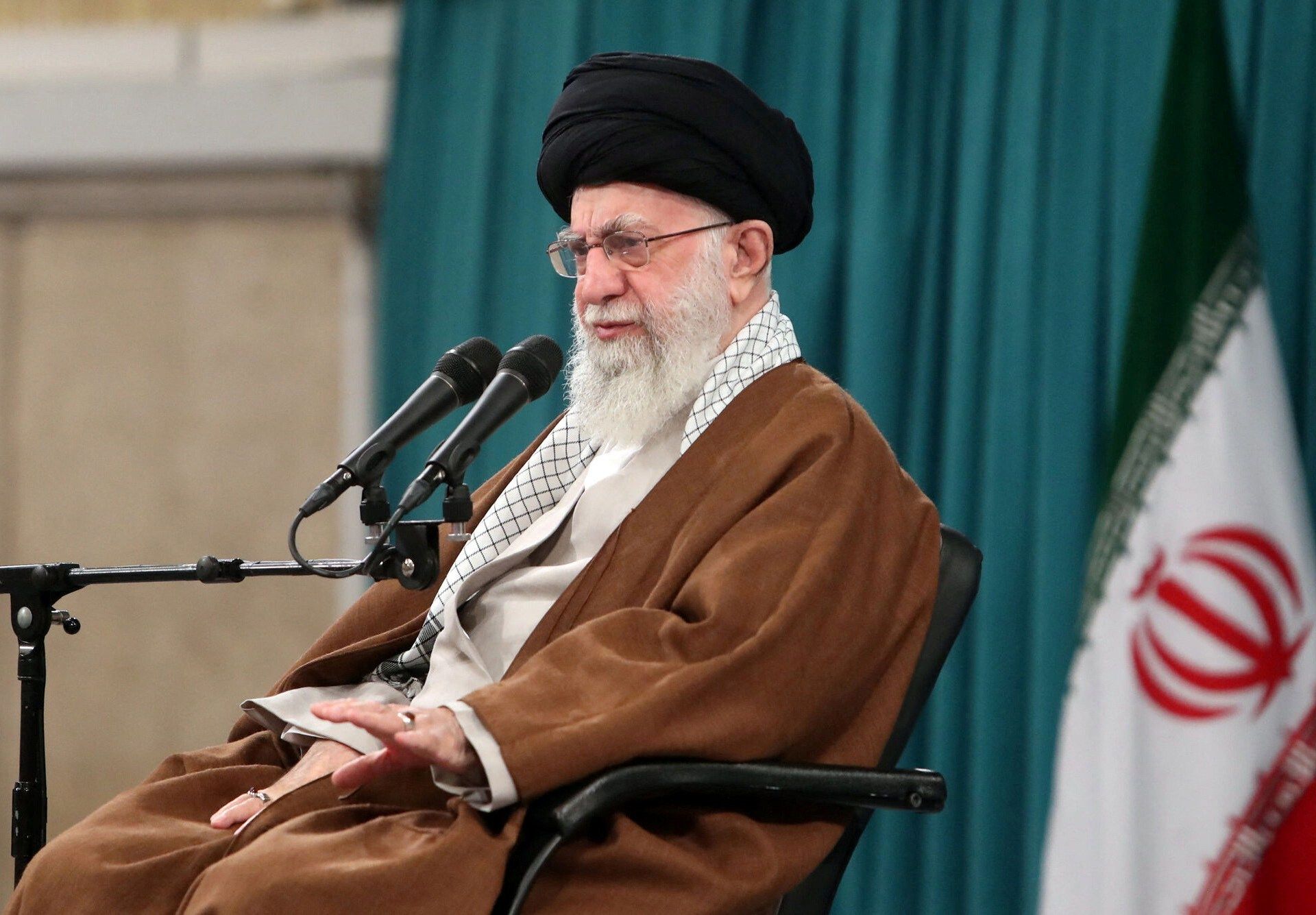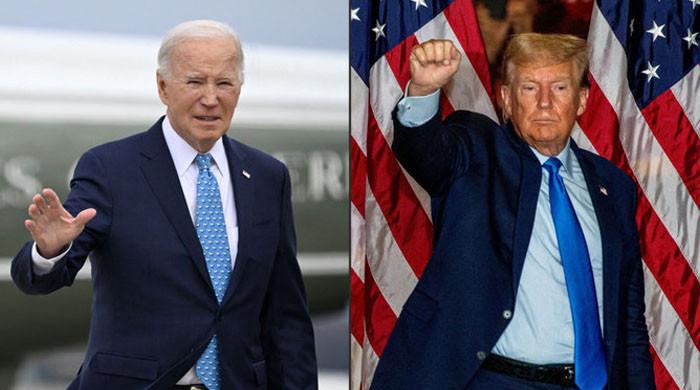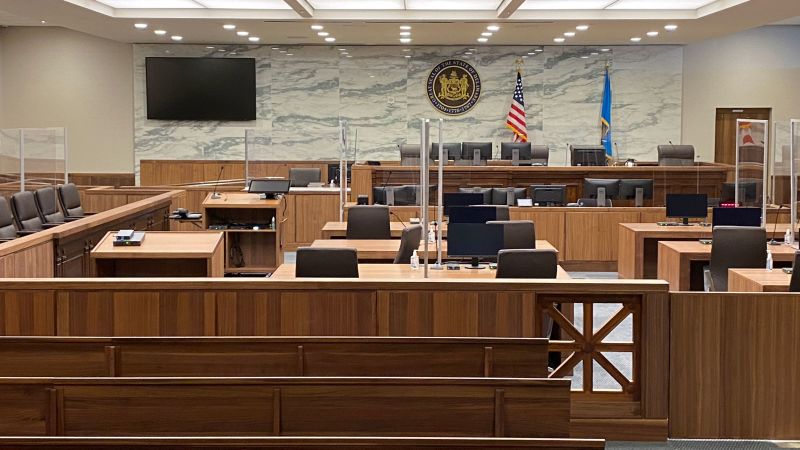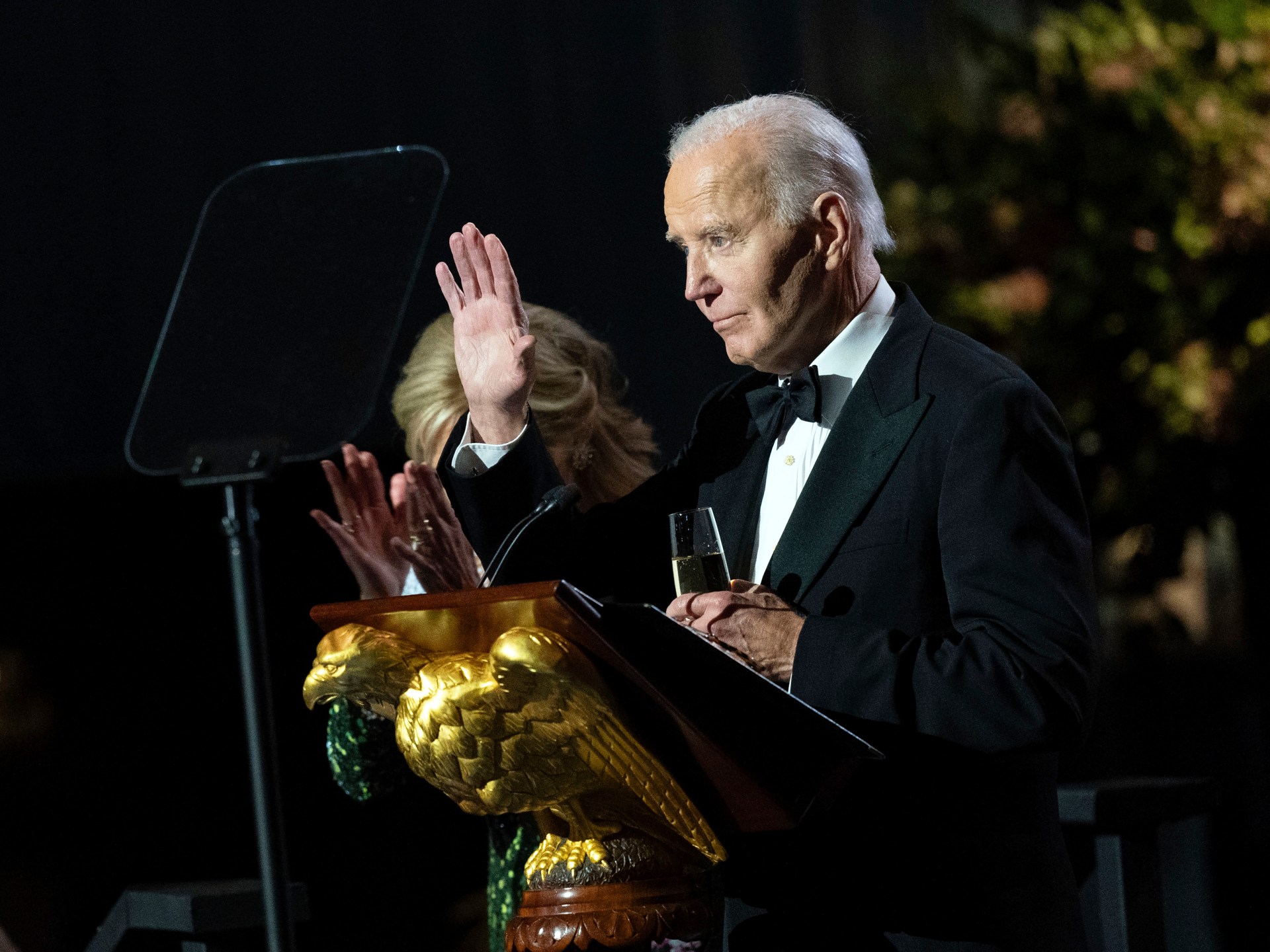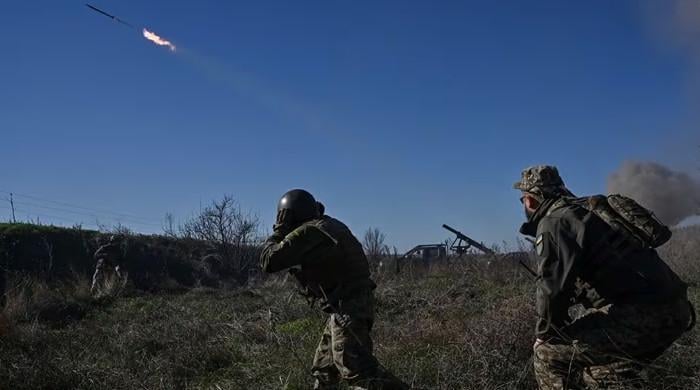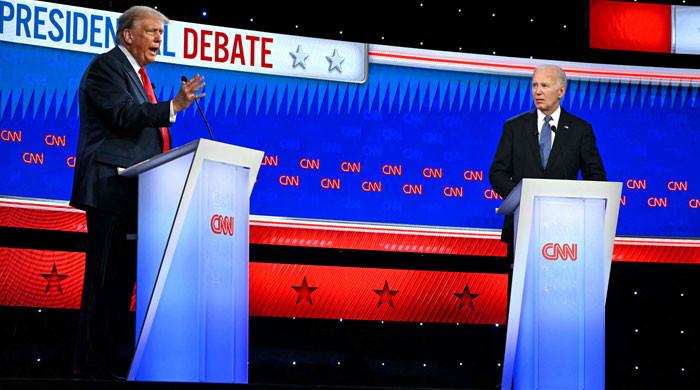In the dark corridors of power in Tehran, the assassination of Hamas leader Ismail Haniyeh in late July (widely believed to have been carried out by Israel) shattered a fragile balance.
The timing of this escalation in the long-running conflict between Iran and Israel could not have been worse: newly sworn-in President Masoud Pezeshkian was still getting used to his role when this geopolitical fireball fell into his lap.
For Iran's supreme leader, Ayatollah Ali Khamenei, the killing of the Palestinian group's leader was more than a provocation: it was an existential challenge.
The blast that killed Haniyeh, which Iran believes was a missile launched from within its own borders, was a violation of sovereignty that infuriated Tehran and put Khamenei's 2003 fatwa banning the manufacture, use and stockpiling of nuclear weapons under greater scrutiny.
Strategic implications
The high-level debate over whether Khamenei's fatwa on nuclear weapons served Iran's strategic priorities was already ongoing before Haniyeh's assassination, according to a senior Iranian official who spoke to Al Jazeera on condition of anonymity.
Khamenei has guided Iran through global changes from the end of the Cold War to the rise of American unipolarity and conflicts in Afghanistan, Iraq and Syria, and through the troubled history of Iran's nuclear deal with world powers.
Now, at 85, he needs to secure the future of the Islamic republic, a critical juncture that requires more than maneuvering in the “gray zone,” the space between war and peace that Iran has traditionally used to exert pressure on its adversaries.
The implications could reshape the Middle East's strategic landscape at a time when negotiators are struggling to reach a ceasefire deal to end Israel's brutal war on Gaza and, three weeks after the killing, Iran has yet to signal what it will do.
Asked whether Iran is holding back its attack on the Israeli regime so that ceasefire talks can continue, Iran’s permanent representative to the United Nations, Amir Saeid Iravani, told Al Jazeera: “The timing… of Iran’s response will be meticulously orchestrated to ensure that it occurs at a moment of maximum surprise.”
The killing sparked intense debate in Iran, sources told Al Jazeera, with some arguing that restraint was the most sensible path, fearing a retaliatory strike could plunge Iran into a protracted and costly confrontation with Israel, potentially weakening Tehran and its regional allies.
The moderate camp – from across Iran’s political spectrum – also expressed hope that the current calm could serve as leverage in future negotiations with the United States, potentially opening a new chapter in relations between the two countries and becoming a more potent response to Netanyahu’s provocations.
The election of Khamenei
Khamenei disagreed.
Speaking to officials on August 14, he said Iran should not be intimidated by the psychological warfare being used by its enemies.
Invoking the Koran, he added that “non-tactical withdrawals, whether military, political, media or economic, will provoke divine wrath.” Although there is no indication yet of what he will do, it is a decision that could reshape the strategic landscape of the Middle East.
The nuclear issue adds complexity.
Iran's nuclear policy has so far focused on its right to possess peaceful nuclear technology, Khamenei's fatwa on the issue and existing in a nuclear-free zone, an official who asked to remain anonymous told Al Jazeera.
“In a broad sense, Iran's nuclear policy does not yet fall into the category of nuclear ambiguity like Israel's,” the official said, referring to Israel's refusal to disclose what nuclear capabilities it has.
However, a statement by Israeli Prime Minister Benjamin Netanyahu at the UN last September and an Israeli minister advocating that Gaza be attacked with nuclear weapons have been perceived as threats by Iran, the official said, prompting Iran to rethink its strategy.
The unilateral US withdrawal from the nuclear deal is another reason for Iran to recalibrate its approach, they added, explaining that Iran entered the nuclear talks hoping that sanctions against the country would be lifted in exchange for restrictions on its nuclear program.
“But what happened? [when the US left the nuclear agreement]“What?” they ask rhetorically.
“Iran had to face the US maximum pressure policy without [being able to do] anything.”
Will nuclear doctrine change?
“Iran’s response must… punish the aggressor for its act of terrorism and its violations of Iran’s national sovereignty. [as well as] “Strengthening Iran’s deterrence capability to induce deep regret within the Israeli regime, thereby serving as a deterrent,” said UN Ambassador Iravani.
“Furthermore,” he added, “Iran’s response must be carefully calibrated to avoid any potential adverse impact that could potentially influence a possible ceasefire.” [in Gaza].”
This is a potentially impossible balance to achieve.
In this context, the anonymous official says: “The threats shown by the Zionist entity [Israel] and the shift from a policy of ambiguity about its nuclear program to a policy of clear nuclear threats against Iran at the United Nations… suggest that they might later attack the nuclear facilities themselves.”
They add: “Iran needs to maintain its sovereignty and… is considering revising its doctrine. If Israel’s nuclear weapons are not eliminated, there will be competition for them in the region and Iran will undoubtedly re-evaluate its strategy.”

Asked whether they believed Iran, if it changes its nuclear doctrine, would move toward producing nuclear weapons, especially since Western and Israeli estimates indicate it is no more than a month away from producing a nuclear warhead, the anonymous official replied in the negative.
“Any change in nuclear doctrine does not necessarily mean moving toward nuclear weapons,” the official said, adding that it could mean altering the current nuclear strategy and asserting that any change would be directed toward Israel because it is threatening Iran.
Such a change could worry Iran's neighbors, but the official added: “We are open to any way to reassure our neighbors about our nuclear capabilities.”
“The question is whether our neighbours are prepared to reassure us about their arms purchases and the threats posed by the presence of US bases on their territories.”
Ultimately, the choices before Khamenei are like the bitter cups from which he must drink: the supreme leader faces a test of endurance as he weighs the options before him, each fraught with significant risks and uncertain outcomes.
The stakes have never been higher as the world watches Tehran face its most critical decision in decades.

